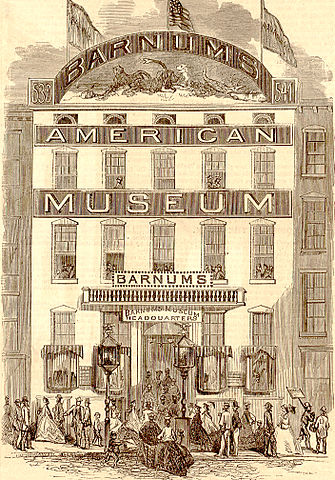- 2-minute read
- 15th February 2017
Word Choice: Compliment vs. Complement
Even native English speakers get ‘compliment’ and ‘complement’ confused. And since they’re only separated by one letter and sound identical, that’s probably no surprise!
But each of these terms has its own meaning, so you should try to distinguish between them in your writing. In what follows, we’ll show you how they should be used.
Compliment (An Expression of Praise)
The most common use of ‘compliment’ is to mean an expression of praise or admiration:
Madame Clofullia would often receive compliments on her luscious beard.
This can either be a noun (e.g. ‘he gave a compliment’) or a verb (e.g. ‘he complimented her’).

The adjective ‘complimentary’, on the other hand, has two main meanings. One is related to expressing praise, which we could describe as ‘complimentary’:
Her impressive facial hair was often the subject of complimentary remarks.
The other meaning of ‘complimentary’ is ‘free’ or ‘provided as a courtesy’, such as in:
When she checked in to the hotel, Madame Clofullia found a complimentary chocolate on her pillow.
Here, ‘complimentary’ shows that the chocolate was provided free of charge.
Complement (Add To or Enhance)
This is another word with various uses. As a verb, ‘complement’ means ‘add to’ or ‘enhance’:
Find this useful?
Subscribe to our newsletter and get writing tips from our editors straight to your inbox.
Her elegant dress complemented her well-groomed beard.
Something that complements something else can therefore be described as a ‘complement’. The adjectival form of this is ‘complementary’:
The complementary mix of her poise and bushy beard made Josephine Clofullia a success as part of P. T. Barnum’s American Museum.

A distinct use of ‘complement’ is as a noun meaning the number or quantity of something required to make a group complete:
When Madame Clofullia arrived, they had a full complement of dinner guests.
This sense of ‘complement’ is related to some technical uses in mathematics and grammar, but you’re unlikely to need these unless you’re studying a very specific subject area.
Compliment or Complement?
Distinguishing between these terms is important for clarity. Remember:
Compliment = Praise
Complement = Enhance or make complete
The exception here is the use of ‘complimentary’ to mean ‘free’. If you find this confusing, maybe you can think of any freebies you receive as a form of praise!